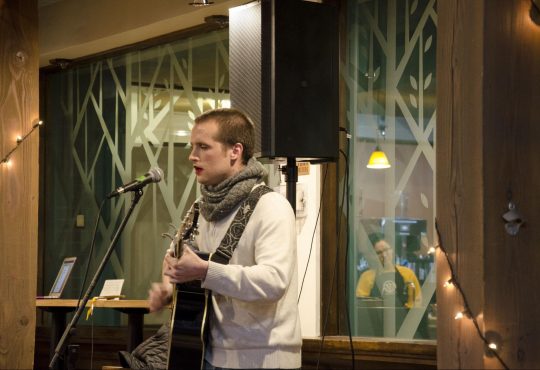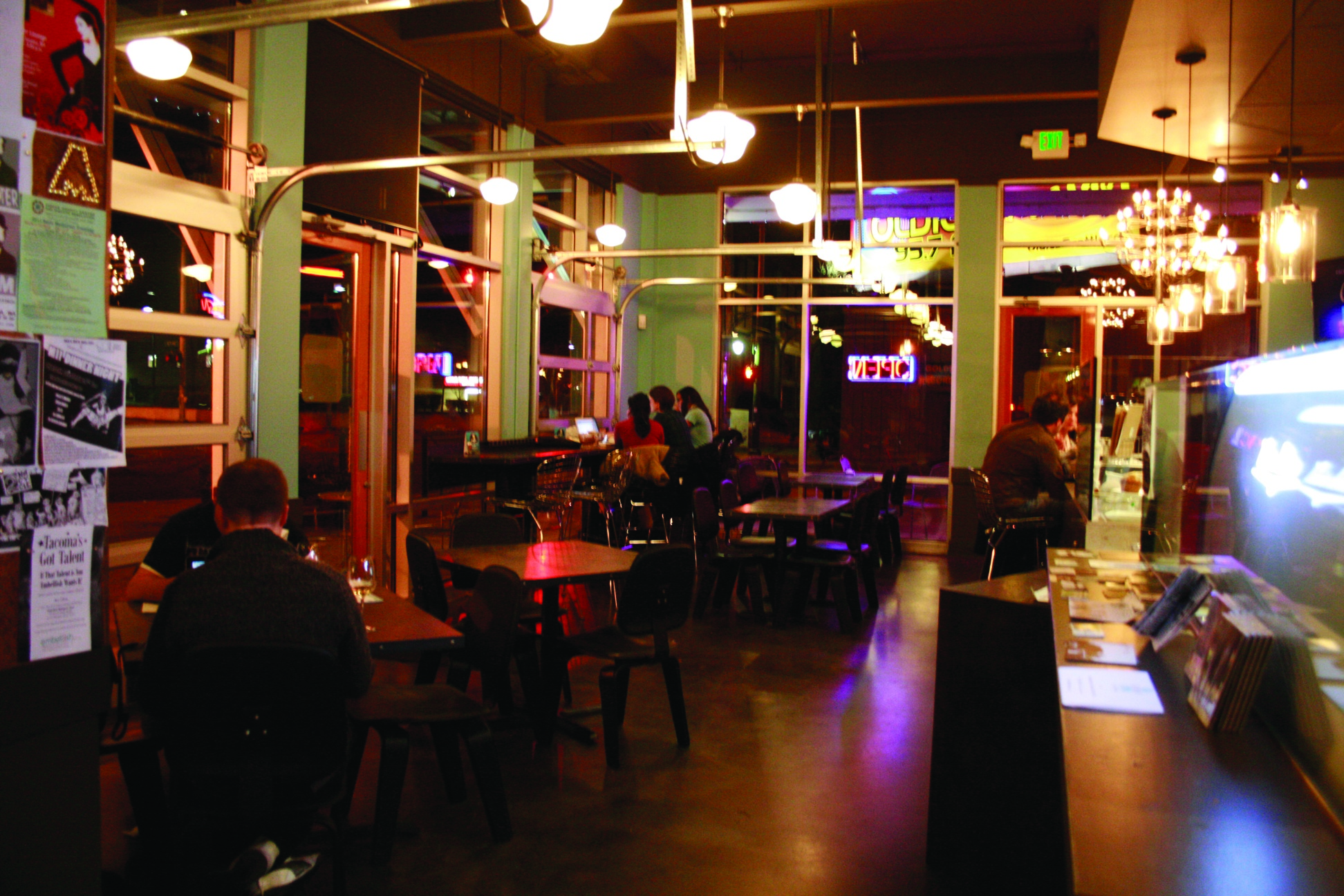
By IDA DUNN-MOORE
Diversions Cafe needs to step up their coffee game.
Everyone is thankful for the space it provides, but the quality of the coffee is inconsistent.
I’m a coffee snob. I care enough to research the best coffee shops in every town I go and to make sure my own coffee is fresh and properly prepared.
I’ve had a lot of good coffee. Unfortunately, I can count on coffee from the easiest café run by a lot of my friends to be bad. I took it upon myself to find out why.
“I just feel like I don’t really know how to steam milk or how to pull a good shot,” an anonymous sophomore barista said.
For those who don’t know too much about coffee, these are the essential skills any barista needs to have in order to make commonly-ordered drinks such as an espresso, a cappuccino or a latte.
This dilemma is a product of three factors: barista training, management and accountability.
From conversations with this sophomore and a junior who has worked for nearly three years now, I have learned that the training for baristas at Diversions is minimal.
The junior even sought outside training.
Fortunately, he is more of a coffee snob than I am.
Caffé Vita, the coffee supplier for the school, has trained baristas in the past, which was an experience that was not entirely helpful.
Instead of improving their bar skills, baristas learned cupping, a tasting skill that is not essential to the running of a coffee shop like Diversions.
With better management of employees, there would be more accountability as far as the cup of coffee goes.
Other than customer satisfaction, there seems to be little motivation for a barista to actually improve his or her skills.
At Diversions, there is no consequence for a bad cup of coffee.
Students may complain about the coffee amongst themselves, but rarely if ever will directly critique the barista.
In mid-semester evaluations, there is no evaluation of coffee-making skills.
Clearly the managers aren’t keeping an eye on what their employees are making.
Diversions baristas seem to feel that Oppenheimer is better run.
There is a clearer division of labor, and importantly, there is always an adult staff member working.
This makes staff members accountable for their skills and behavior while they are working.
An adult staff member could not only help efficiency, but could provide a managerial eye to ensure proper preparation techniques.
Of course, there are numerous baristas who make quite good coffee.
Additionally the organization is quite well run considering that it is nearly completely student run. But it could be much improved.
Additionally, much of the problem relating to bad coffee is out of the baristas’ control.
According to the junior staff member I interviewed, they are working with bad machines and bad coffee.
In terms of equipment, it’s a downward spiral.
The school won’t buy good equipment that they know will be used by students, but the students aren’t trained well enough to adequately care for machines.
Bad machines make it hard to make good coffee consistently, even for skilled baristas.
Once you add coffee that is not of superior quality to the mix, it’s no surprise that the finished product doesn’t taste good.
The coffee for drip arrives pre-ground, which sacrifices a lot of its freshness and flavor.
The beans for espresso are an uninspired roast that is mass-produced in an automatic machine. Diversions definitely suffered the transition from Valhalla to Caffé Vita.
Not only does Valhalla make much better-tasting coffee, it is a locally managed small business, the kind that Puget Sound should support.
So why do we come back, day after day, to a coffee shop with bad coffee that often blasts bad music, taking away any hopes of studying?
Because we are customers of necessity. Diversions is a social center of the school and having a drink in a mug while being present in the cafe is almost a requirement.
As they are so integral to the campus community, they have a responsibility to make serious changes to their structure and offer a better product to their consistent customers.



